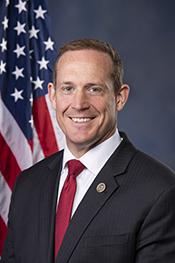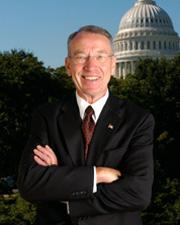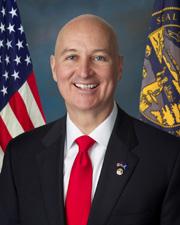S. 1683: Promoting Employment and Lifelong Learning Act of 2025
This bill introduces a new type of financial aid called "Workforce Pell Grants," aimed at assisting students enrolled in certain educational programs that prepare them for in-demand jobs. Below are the key components of the proposed legislation:
Purpose
The primary purpose of the bill is to amend the Higher Education Act of 1965 to create financial support for students enrolled in workforce-focused educational programs. The grants are designed to help students acquire skills needed in high-demand industries, thereby promoting employment and lifelong learning.
Workforce Pell Grants
The bill proposes the establishment of Workforce Pell Grants to be awarded starting in the award year of 2026. Here's how it works:
- Eligibility: Students must meet the same eligibility requirements as for Federal Pell Grants, including being enrolled or accepted for enrollment in an eligible program known as an "eligible workforce program." However, these students cannot be enrolled in graduate programs or have already obtained graduate credentials.
- Award Terms: The grants will be awarded similarly to Federal Pell Grants, with a few differences. If a student's program is shorter than the typical academic year, the grant amount may be prorated based on the program's length.
- Preventing Double Benefits: Students will not be allowed to receive both a Workforce Pell Grant and other specified grants at the same time.
- Duration Limits: Time spent in a program funded by a Workforce Pell Grant will count toward the maximum time limit a student can receive funding under the Pell Grant program.
Eligible Programs
To qualify for Workforce Pell Grants, programs must meet specific criteria, including:
- Offering between 150 and 600 clock hours of instruction over 8 to 15 weeks.
- Not being offered as a correspondence course.
- Receiving approval from the state's Governor after consulting with the state board, ensuring that programs align with the requirements of high-skill and high-wage industries. Programs should either provide stackable and portable credentials or lead to specific recognized postsecondary certifications.
- Demonstrating a track record of success, including completion and job placement rates of at least 70% for recent students.
- Ensuring that tuition and fees do not exceed certain limits based on students' earnings who completed the program three years earlier.
Implementation Timeline
The provisions of the bill are set to take effect on July 1, 2026, applying to the award year 2026-2027 and beyond. This allows time for educational institutions and state governments to adapt to the new requirements for program eligibility.
Relevant Companies
- None found
This is an AI-generated summary of the bill text. There may be mistakes.
Sponsors
6 bill sponsors
Actions
2 actions
| Date | Action |
|---|---|
| May. 08, 2025 | Introduced in Senate |
| May. 08, 2025 | Read twice and referred to the Committee on Health, Education, Labor, and Pensions. |
Corporate Lobbying
0 companies lobbying
None found.
* Note that there can be significant delays in lobbying disclosures, and our data may be incomplete.
Potentially Relevant Congressional Stock Trades
No relevant congressional stock trades found.



